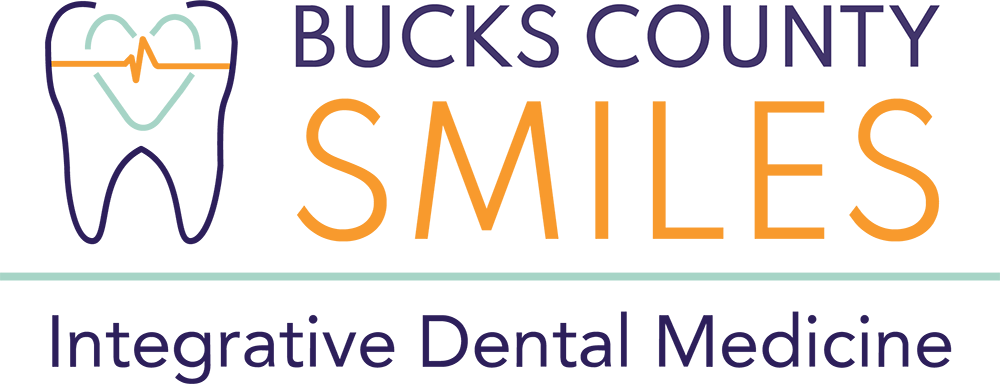How Acidic Drinks Affect Your Smile
While it’s no secret that certain drinks are healthier than others, did you know that even something as seemingly healthy as citrus fruit juice can actually be bad for your teeth? As it turns out, foods and beverages with a high acidic content can damage and erode your teeth in a variety of ways. While there are certain steps that can be taken to protect your oral health from exposure to acidic drinks, it’s still important that you educate yourself on the potential damage, so that you can avoid further issues in the future.
What You Drink Matters
Put simply, when you drink a beverage that is high in acidity, your teeth enamel becomes exposed to the acid content and gradually wears away. If you’ve ever noticed discoloration in your teeth, then you’ve likely experienced this before. While a teeth whitening can help reverse some of this damage, further damage is still possible if you continue to drink acidic beverages.
Aside from discoloration and damage to the teeth enamel, acidic drinks can also damage and expose your teeth dentin, which causes your teeth to become more sensitive. If this demineralization continues, your teeth will eventually begin to decay.
It’s also worth noting that acidity has nothing to do with how much sugar is in a beverage. In fact, several studieshave found that even diet soda can rapidly increase the effects of tooth decay, as well as the development of cavities.
Of course, not all drinks pose the same threat to your oral health. If want to protect your teeth as best as possible, then be sure to avoid the following beverages:
- Orange Juice and Citrus Fruit Juices
- Soda and Diet Soda
- Coffee and Tea
- Wine and Certain Alcoholic Beverages
How to Protect Your Smile
If you simply can’t avoid these drinks, then don’t be alarmed. You can still enjoy these, with moderation of course, as long as you also drink plenty of water with them. Water helps to dilute the acidity of these beverages and protect your teeth from sustained damage. Similarly, if you drink a beverage with high acidity quickly, rather than sipping it slowly, you can help mitigate some of the risk posed to your teeth.
It’s also worth noting that certain foods that are high in key minerals like calcium and phosphorous can help put them back into your teeth and stem any ongoing dental erosion. Preventing dental erosion is just as much about what you put into your body as it is about what you don’t.
In cases where dental erosion is too severe, and cavities have begun to develop, then it might be time to see a dentist. Laser dentistry can help address any teeth decay that has already begun to occur and correct any damage before it becomes permanent.
When You Should Visit a Dentist
Although you should regularly visit a dentist at least twice a year for routine cleanings, you should also be sure to make an appointment if you begin to experience sensitivity in your teeth. If you’re someone who regularly consumes the specific beverages outlined above, then you may be facing the early warning signs of tooth decay. If you address it in time though, then most of the damage can hopefully be reversed and you’ll be able to preserve your smile. As long as your careful about what you drink, as well as how you drink it, there’s no reason that you can’t enjoy your meals while also keeping your smile safe.

